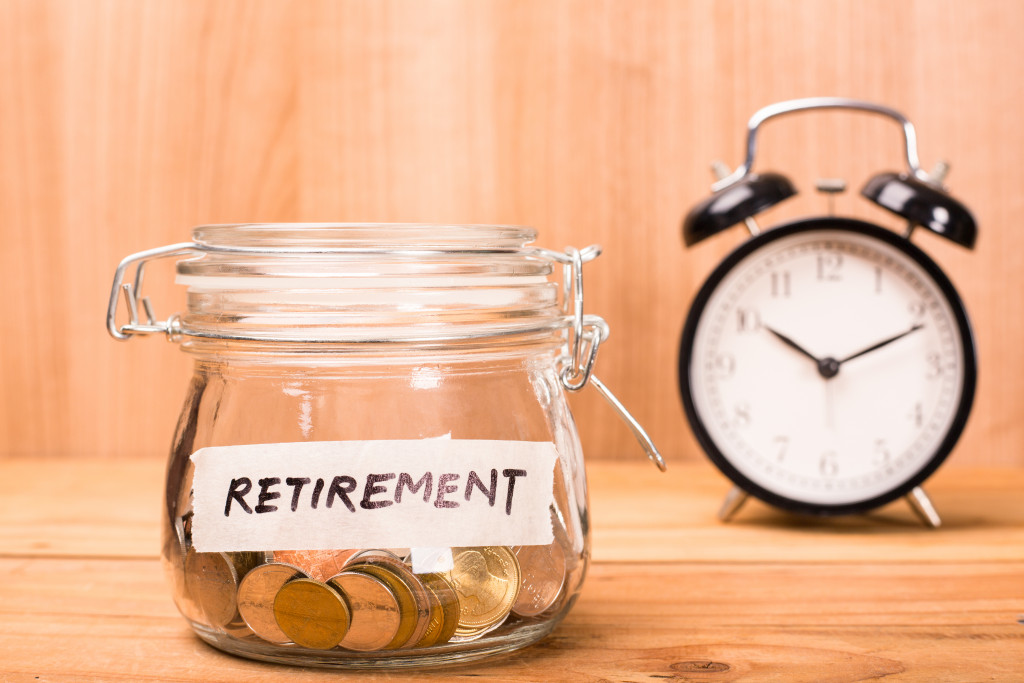People who are already in their retirement years often want to age in place. They want to be able to stay independent and maintain their freedom for as long as possible. But as their needs change and their bodies age, maintaining a big house becomes a complicated task. Don’t forget about the fact that their expenses also skyrocket. This leads them to decide to downsize their lifestyle.
But what if you’re still many years before your retirement? Should you start embracing a minimalist life?
Why Downsizing Makes Sense Even if You Are Still Young
Retirement should not be the only reason to downsize. You can do this because you have too big of a house for your needs, have lots of debts to pay, or even have kids leaving your nest to start living their own life. Whether you are doing this for financial or more personal reasons, downsizing can offer numerous benefits.
Downsizing your lifestyle can mean living in a smaller, cheaper home. You’re only investing in things that you need. You spend your precious time decluttering your life and getting rid of the things that only give you unnecessary physical and mental stress.
Downsizing can help you lower your expenses, increase your savings, and earn better peace of mind. You can start paying off your debt, save more for the future, and invest in things that will lead to more memorable memories. You will find it easier to keep your life organized and yourself healthy and happy.
Even if you are still young, living a minimalist life makes sense. You get to enjoy enough space in your home that won’t require extensive cleaning and maintenance. You can spend whatever extra you have in your savings for meaningful travels and start living an eco-friendly life.
How Can You Downsize in Your 30s, 40s or 50s

Look for a Cheaper Home
Now that you have more reasons to live a simpler life, you can start planning to downsize. You can start by moving to a cheaper, smaller house that can accommodate your new lifestyle. If you require a new home loan, be sure to find a mortgage lender that understands your needs and situation.
Shop for lenders that offer low-interest rates and reasonable terms. Check your options and ask a loved one for recommendations. Don’t forget to compare lenders and choose one with great reviews and excellent customer support.
If moving to a cheaper home is not yet possible, consider leasing your extra space. You can put a room up for rent and start saving whatever you can earn. This can help you pay for some expenses while looking for the right time to find the right house and location.
Start Decluttering and Organizing Your Stuff
Before moving to your new home, start decluttering. Donate and sell the items that other people can still use. There is no need to bring along things you no longer need or use.
If you have duplicates, start moving them to your “no” pile. Only keep the things you add in your ”yes” pile. If you feel like buying new items that you are not sure if you need or not, wait for at least two weeks, and you will get your answer.
Let go of the guilt associated with your sentimental clutter. If you are afraid of losing the precious memories associated with your memorabilia, trinkets, and collection, find other ways to preserve them. Saving digital copies, regifting them, and passing them on to the next heirs are great ways to dispose of them while lessening your guilt.
Downsizing can be tough but can be liberating at the same time. You can enjoy that sense of achievement, knowing you were able to free yourself from unnecessary clutter and expenses. You can boost your financial health, live a healthier life, and even start a more eco-conscious lifestyle.




